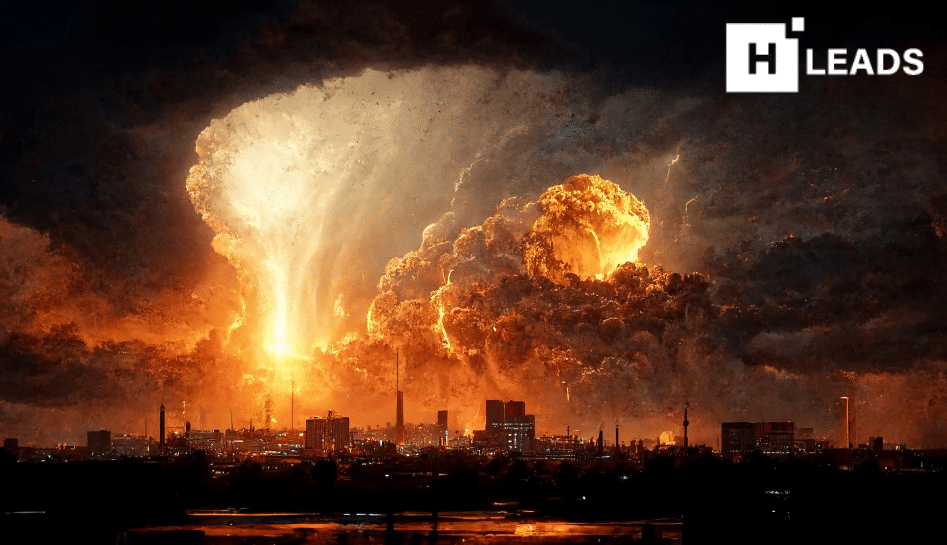The editors have urged all health professional associations to join the International Physicians for the Prevention of Nuclear War (IPPNW) to support efforts to reduce the near-term risks of nuclear war
The editors of the prestigious Journal of the American Medical Association (JAMA) have alerted that current nuclear arms control and non-proliferation efforts are insufficient to safeguard the global populace against the threat of nuclear war by design, error, or miscalculation, with none other than United Nations Secretary-General António Guterres warning that the world is currently in “a time of nuclear danger not seen since the height of the Cold War.”
The editors have urged all health professional associations to inform their members worldwide about the threat to human survival and to join the International Physicians for the Prevention of Nuclear War (IPPNW) to support efforts to reduce the near-term risks of nuclear war.
They have suggested three immediate steps on the part of nuclear-armed states and their allies: first, adopt a no-first-use policy; second, take their nuclear weapons off hair-trigger alert; and third, urge all states involved in current conflicts to pledge publicly and unequivocally that they will not use nuclear weapons in these conflicts.
The editors have called for supporting the urgent commencement of negotiations among the nuclear-armed states for a verifiable, timebound agreement to eliminate their nuclear weapons in accordance with commitments in the NPT, opening the way for all nations to join the Treaty on the Prohibition of Nuclear Weapons.
“Even a “limited” nuclear war involving only 250 of the 13,000 nuclear weapons in the world could kill 120 million people outright and cause global climate disruption leading to a nuclear famine, putting 2 billion people at risk,” the editors have warned.
“A large-scale nuclear war between the United States and Russia could kill 200 million people or more in the near term and potentially cause a global “nuclear winter” that could kill 5 billion to 6 billion people, threatening the survival of humanity. Once a nuclear weapon is detonated, escalation to all-out nuclear war could occur rapidly. The prevention of any use of nuclear weapons is therefore an urgent public health priority, and fundamental steps must also be taken to address the root cause of the problem — by abolishing nuclear weapons,” they added.
JAMA is a peer-reviewed medical journal published 48 times a year by the American Medical Association. It publishes original research, reviews, and editorials covering all aspects of biomedicine.
In January this year the Science and Security Board of the Bulletin of the Atomic Scientists moved the hands of the Doomsday Clock forward to 90 seconds before midnight, reflecting the growing risk of nuclear war.
In August last year, United Nations Secretary-General António Guterres warned that the world is now in “a time of nuclear danger not seen since the height of the Cold War.” The danger has been underlined by growing tensions among many nuclear-armed states.
Also read : COVID-19 may be forgotten but it is not gone: JAMA


















Add Comment